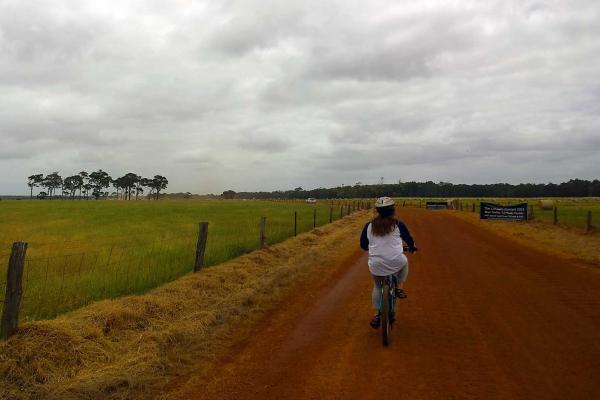1. "Teaching EFL abroad isn’t a job job."
If you read my article about the skills you acquire teaching abroad, you may have realized that this job is pretty far from a vacation. I am at work from 7:30AM to 4:30PM Monday to Friday; I am required to be at certain places at certain times; I attend meetings and have deadlines.
Even though I only teach 15 hours a week, the rest of the time I am planning lessons, marking, prepping or cleaning. To be honest, I often don’t have enough time in the week, and frequently spend my evenings and weekends catching up. And much like any other job, when I get home I am zonked (although I really think there needs to be a special category of tired reserved just for teachers).
My Snapchat often shows adorable kids dancing or pictures of beach sunsets. What I don’t broadcast are the hours spent sitting at a desk, making and marking tests, and the endless photocopying. This is a real job with real responsibilities, and brings about the stresses of any similar job back home.
2. "Even a monkey could teach EFL."
It’s just English, right? How hard can it be? There’s a very big difference between being able to speak English and being able to teach others to speak it. English has so many nuances and irregularities that it’s often difficult for a Thai student to comprehend, as their grammatically straight-forward language doesn’t have anything comparable. You may have seen the poem by Gerard Nolst Trenité about English pronunciation; it’s funny, opens your eyes to our strange language, and will make any EFL teacher want to cry.
There's a big difference between being able to speak English and being able to teach others to speak it.
That being said, I don’t think the biggest predictor of success is your grasp of grammatical rules. A good teacher is a good teacher, period. If you can make the lessons engaging, convey the material well, and enjoy spending time with your students it’s likely you’ll be a great teacher—even if you sometimes misuse “who” and “whom.”
Unfortunately, this line of work doesn’t necessarily attract the best teachers, and people are often discouraged when they find out they’re not that good at the job considering how “easy” it’s supposed to be. That being said, it’s pretty cool when you see a teacher who thrives and loves it.
3. "EFL teachers can travel non-stop."
I live on an island that’s 40 km long, and I haven’t gotten off it in about two months. I am able to get away every once in awhile, but it’s unrealistic to jet off every weekend—not only because of my working schedule, but because of my salary. There's no way I could sustain going away every weekend. The cost of living in Asia is low, but my paycheque reflects this.
Luckily, living in a new place provides exciting adventures even if you’re just heading down the road from your apartment. There are always new foods to try, new people to meet and streets to explore. I found that I wanted to travel less than I thought I would once I moved to Phuket, because I had so much to explore in my new home.
4. "Thailand is dangerous."
It irks me that people believe this; I think that people that say this need to experience Thailand for themselves.
I have lived in Thailand for a year and felt entirely safe the whole time. There has been some bad press about Thailand in the news in recent years, especially in the South, but these instances are isolated and don’t represent the country as a whole. Every single Thai person I have met has been very accommodating and kind. To be completely honest, the times I felt most uneasy were in a foreigner-inhabited area, where people are transient (and often drunk).
I hope it goes without saying that you should exercise caution whether in Asia, America or Antarctica. The point I’m trying to make is that there are just as many bad seeds in Thailand as there are anywhere else in the world; to be completely trusting of everyone would be foolish. Keep that head screwed on tightly and you’ll be fine.
Add this article to your reading list





